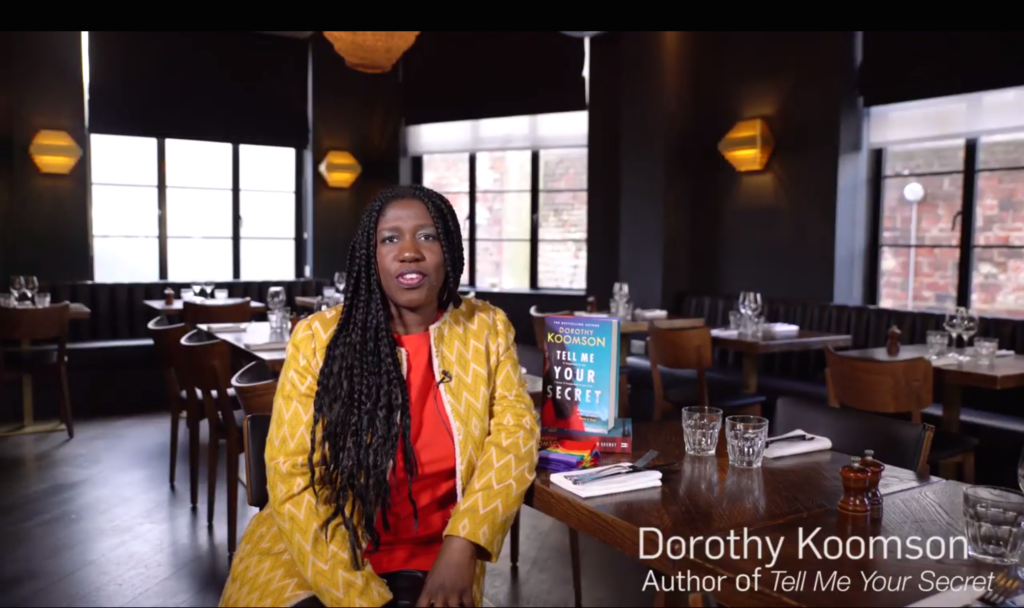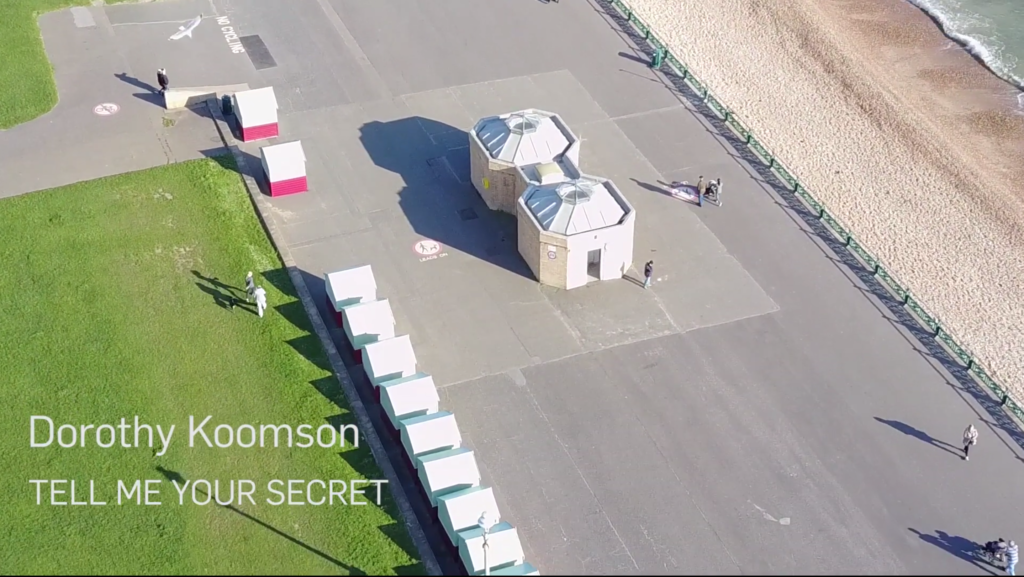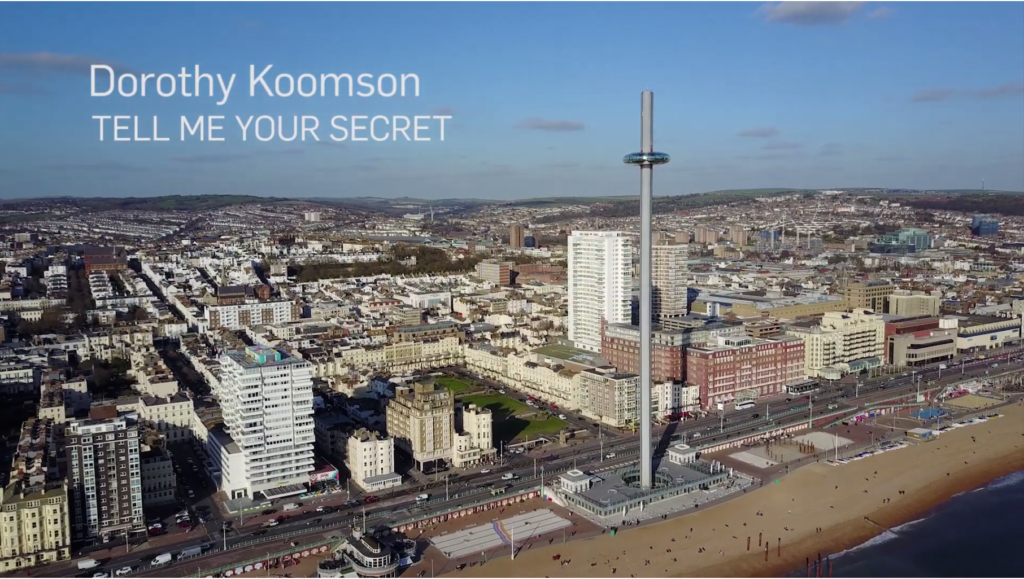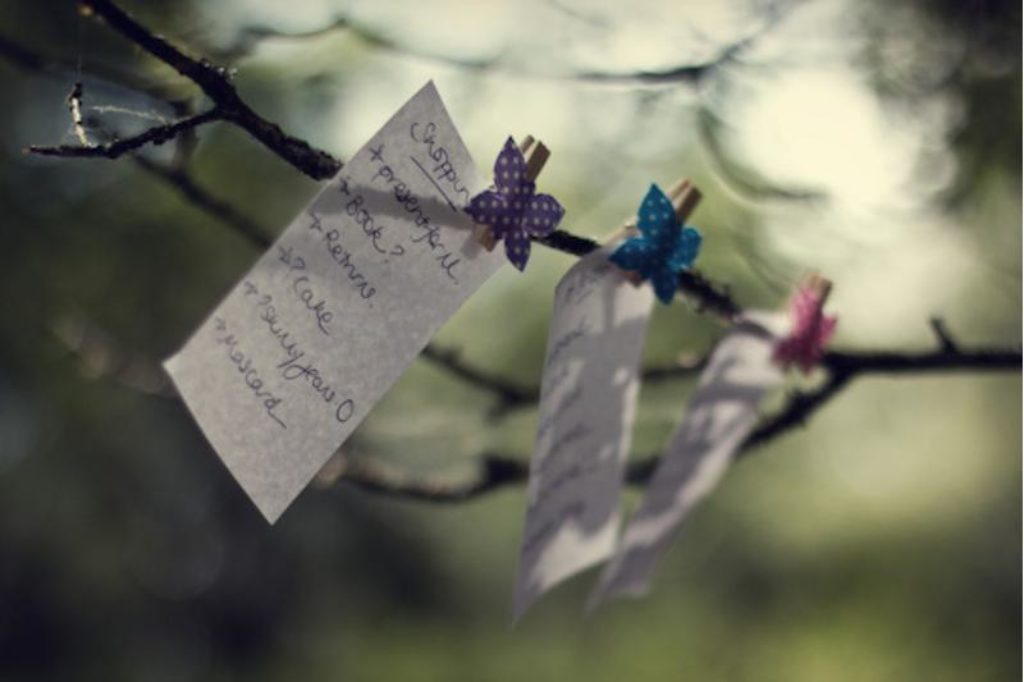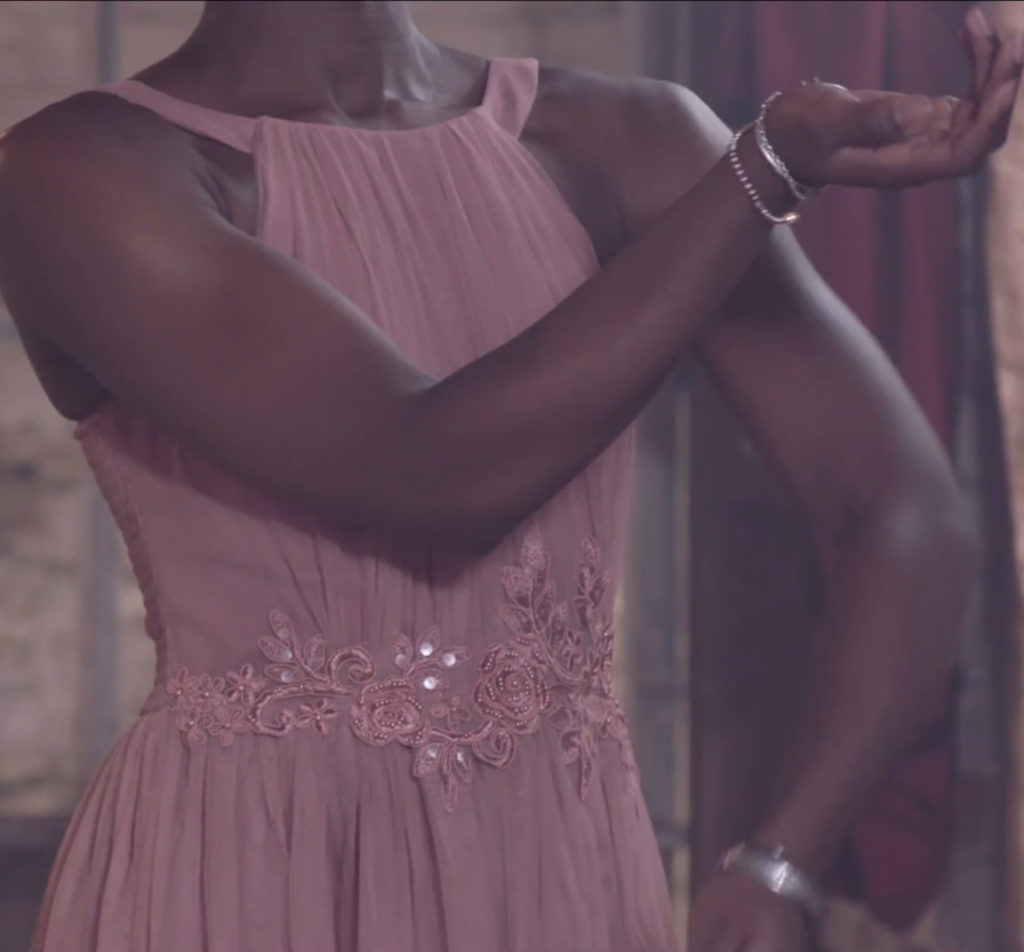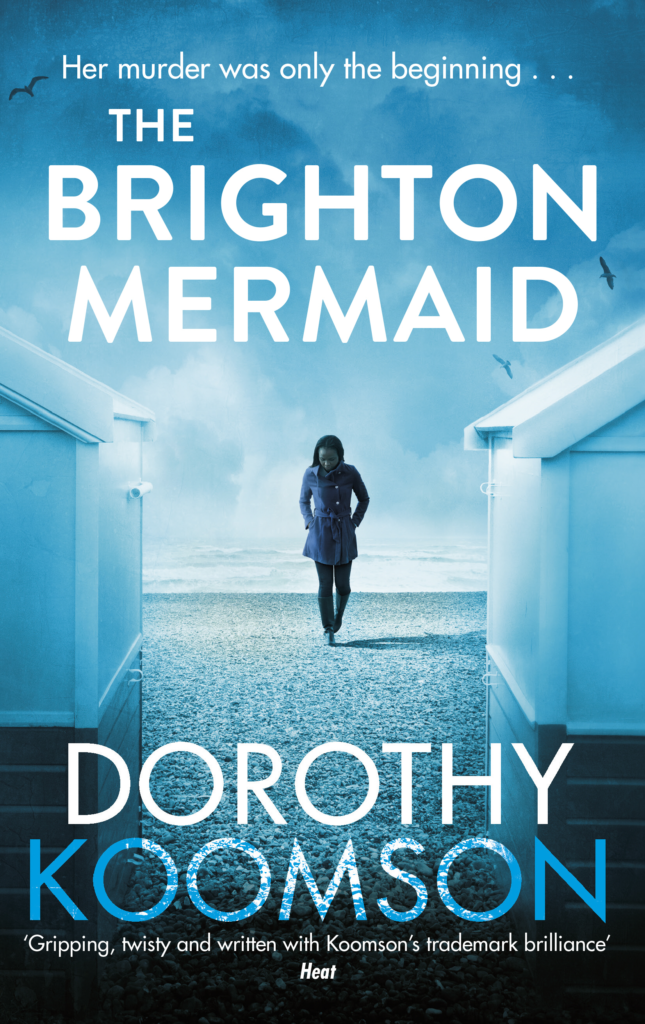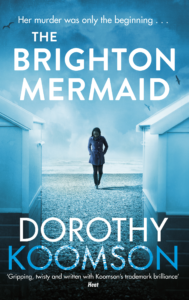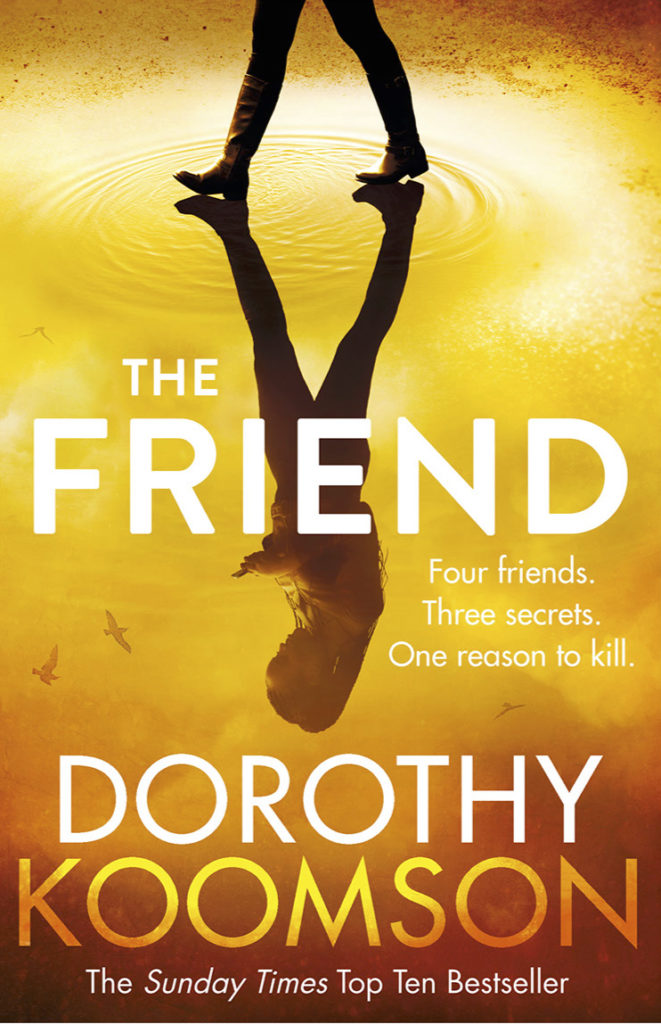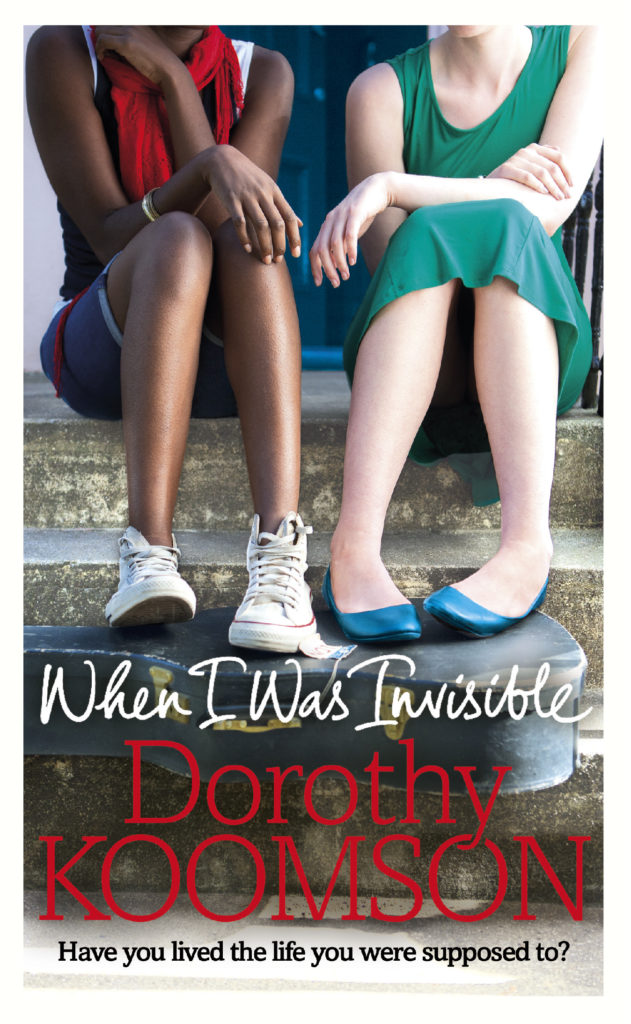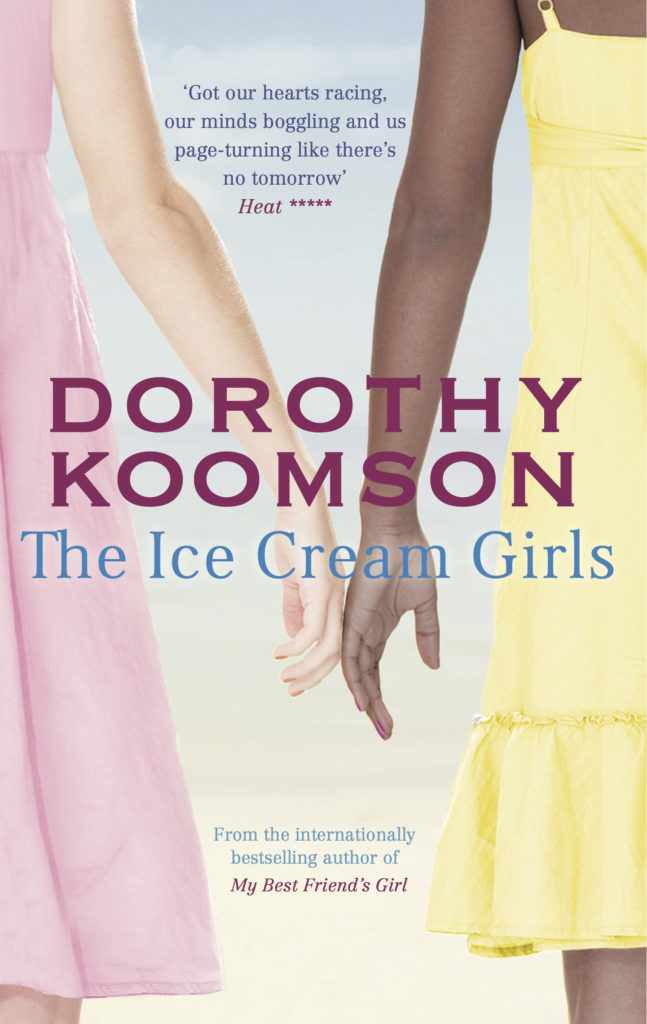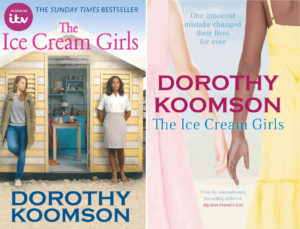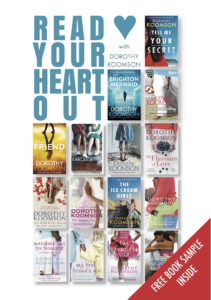
Here are some answers to the questions I’m asked the most. If your question isn’t here do email me via the contact me page. I will do my best to get back to you.
When is your next book coming out?
My next new novel, Tell Me Your Secret, will be on sale in June.
What order did you write your books in?
My books were published:
The Cupid Effect (2003)
The Chocolate Run (2004)
My Best Friend’s Girl (2006)
Marshmallows For Breakfast (2007)
Goodnight, Beautiful (2008)
The Ice Cream Girls (2010)
The Woman He Loved Before (2011)
The Rose Petal Beach (2012)
The Flavours Of Love (2014)
That Girl From Nowhere (2015)
When I Was Invisible (2016)
The Friend (2017)
The Brighton Mermaid (2018)
Tell Me Your Secret (2019)
Did you have any say in the TV adapation of The Ice Cream Girls.
None whatsoever! I’ve written this piece called The Two Ice Cream Girls to explain my feelings on the TV adapation and the changes made.
Where can I buy your books in the US?
At present only My Best Friend’s Girl, Marshmallows For Breakfast, Goodnight, Beautiful and The Ice Cream Girls are available to buy in the US. The Woman He Loved Before should be released sometime in 2013. In the meantime, the only way I can think of you to get my other books over there is to order them from a UK website, or ask anyone who’s coming over here to get them for you.
Has anything in your stories happened to you or anyone you know?
In general, the answer is no. I draw on elements of other people’s stories and personalities to create my books, but my work is fiction. I am not any of my main characters – they tend to have much more exciting lives than me. My ideas come from life, from talking to people, from overhearing conversations in public, from wondering how I’d handle myself in certain situations. Like I say, I write fiction so I make up plots and characters but the original situations that I draw my ‘what ifs’ from are based on real life.
Will you read my work/help me get it published?
Finding out what I think is very unlikely to help you get published. Your best bet is to keep going with your writing, get it into as excellent shape as you think possible and send it off to agents and publishers. If you do get rejection letters try not to let it dent your confidence too much, just keep writing. Being published is fantastic – and it’ll be all the more amazing if you’re published for doing something you love.
Despite what many people say, it’s virtually impossible to predict what publishers will love and will reject so, it’s always best to write what you love and send it out there in the best possible shape.
Can you endorse my idea/website/book/project?
One of the most important things I learnt from being a journalist is to be honest about the things you endorse or say. It makes whatever you do endorse all the more credible because you do genuinely think it’s amazing. Unless I’ve tried something, read it or gained something from it, I’m not able to say I love it. At the moment, I have so little time, it’s very difficult to read or try anything new. So, apologies, I can’t at the moment endorse anything.
How do you find the time to write?
I make the time. I’ve had two jobs (full-time journalist and novelist) for so long that I had to find whatever little time I could to write. I used to write on the train to work, in front of the television, in the middle of the night when everyone on my side of the globe was asleep. It was what I had to do to write my books and pay my bills. In my experience, you have to do a lot of non-novel work to be able to write books. The idea that you get a huge advance on the first go is wonderful. . . and mostly the stuff of fiction. If it happens to you, then fabulous. If it doesn’t happen to you, then try not to feel discouraged, keep going. Also, having another job is great for researching stories to write about.
Do you know of any good creative writing courses?
I haven’t taken any creative writing courses and I wouldn’t recommend any without having tried them. A good place to start would be the Society of Authors who might have a list or would be able to point you in the right direction. You will have to be a member, though. Also try asking at your local library or local adult educational institute. If I was signing up for a course, I’d do a little research on the tutor to see what qualifications and pieces of work they’ve had published.
Will you write a sequel to My Best Friend’s Girl?
I’m not one for writing sequels, so I doubt very much I’ll write a sequel to My Best Friend’s Girl (I really think the story of Tegan and Kamryn has been told) nor any of my other novels. I do sometimes speculate about what happens to my various characters after the story has ended, but I don’t think my speculating would make good enough books. . . Having said that, you never know what the future holds, but at the moment, I’m not planning on writing any follow-ups.
Will you reply to my email?
Please don’t take offence if I don’t reply to your emails, I love getting them but until I am given access to a cloning machine where I can duplicate a Dorothy Koomson who can answer emails, I am unable to reply to each one personally.
